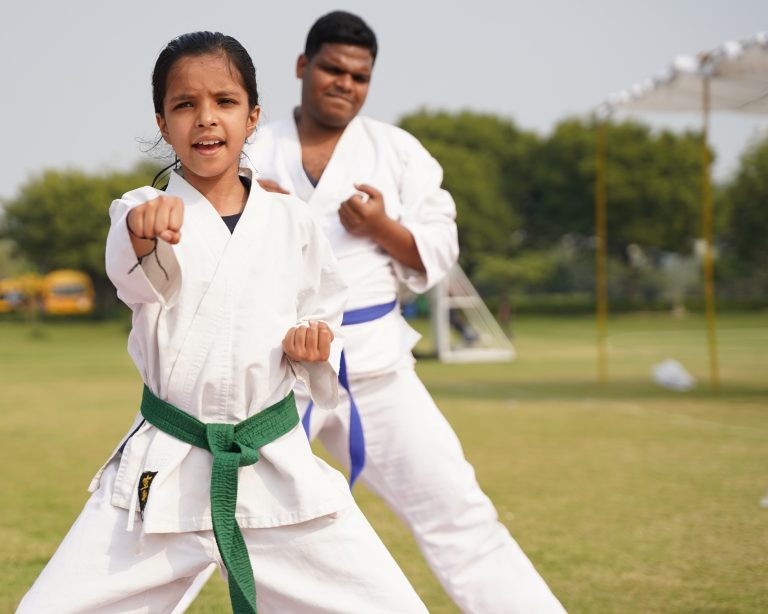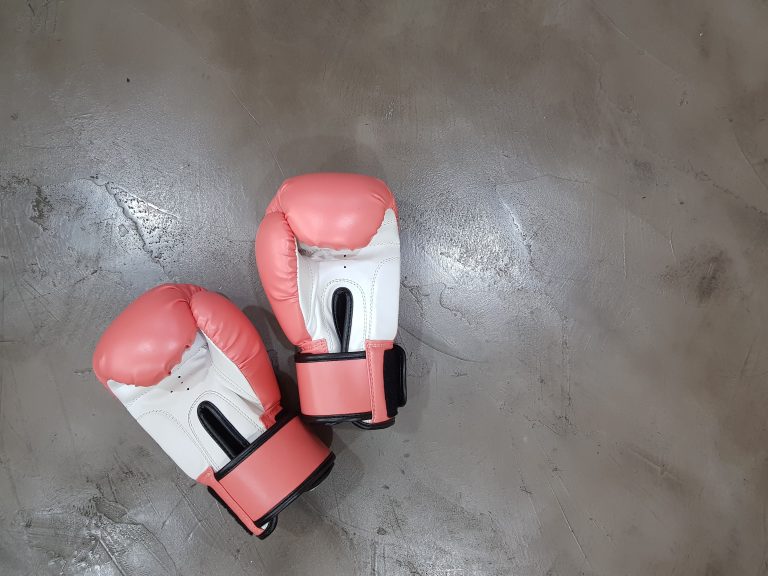What does Karate mean to You?
Karate is a form of martial art that originated in Japan and is now practiced all over the world. It is a discipline that involves physical and mental training, and practitioners of karate can benefit from it in many ways. Some people practice karate just as a way of staying fit, while others take it very seriously and compete in tournaments. For many, karate is a way of life, and it shapes their way of thinking and their relationships with others.
In this article, we will explore what karate means to different people and how it can impact their lives in different ways.
The Physical Benefits of Karate
Karate is a very physical activity, and it can help people stay fit and healthy. When you practice karate, you use many different muscle groups, and this can help strengthen your body. Karate also involves a lot of cardiovascular exercise, and this can help improve your endurance and stamina. Additionally, practicing karate can improve your flexibility and balance, which are important for overall health and well-being.
The Mental Benefits of Karate
Karate is not just a physical activity but also a mental one. Practicing karate requires discipline, focus, and patience. These qualities can carry over into other areas of life, such as school or work. Karate can also help reduce stress and anxiety. When you practice karate, you focus on the present moment, and this can help you clear your mind and reduce negative thoughts.
The Philosophical Aspects of Karate
Karate has deep philosophical roots, and many practitioners see it as a way of life. Karate teaches values such as respect, humility, and perseverance. Practicing karate can also help you develop a strong sense of self-discipline and self-control. These qualities can be applied not just in karate but in all areas of life.
The Competitive Aspect of Karate
For some people, karate is not just a way of staying fit or learning self-defense. It is also a competitive sport. There are many different types of karate tournaments, and competitors can compete in both kata (forms) and kumite (sparring). Competing in karate can be a great way to challenge yourself and improve your skills. It can also be a great way to meet other people who share your passion for karate.
What Does Karate Mean To You: Answering Common Questions
Introduction
Karate is a martial art that originated in Okinawa, Japan, but it’s now practiced all over the world. This traditional martial art focuses on self-defense, discipline, and physical training. But what does karate mean to its practitioners? In this blog post, we’ll be answering some of the most commonly asked questions about karate and exploring what the art means to those who practice it.
What is Karate?
Karate is a martial art that originated from Okinawa, Japan. It combines elements of Chinese martial arts, such as Kung Fu and Pinyin, with Japanese martial arts, such as Judo and Ju-Jitsu. The original purpose of karate was for self-defense, but it has since evolved into a sport and a way of life. Karate practitioners aim to perfect their techniques, learn about themselves, and develop physical and mental discipline.
What Does Karate Mean To You?
This is a question that can be interpreted in many different ways because karate means something different to everyone. However, most practitioners would agree that karate is a way of life that involves physical and mental training, self-discipline, and the pursuit of personal growth. Karate offers a path to self-improvement, respect, self-confidence, and a sense of community.
What Are the Benefits of Practicing Karate?
There are many benefits to practicing karate. Some of the physical benefits include increased flexibility, strength, balance, and coordination. Karate can also improve your cardiovascular health and reduce the risk of certain diseases, such as obesity, diabetes, and heart disease. Mental benefits include improved focus, discipline, and self-confidence. Karate can also help practitioners develop patience, perseverance, and the ability to work under pressure.
How Do You Train for Karate?
Karate training involves various disciplines, including kihon (basic techniques), kata (pre-arranged forms), and kumite (sparring). The ability to perform techniques with proper form, speed, and power is crucial for karate practitioners. To train for karate, you need to practice the different techniques repeatedly, continually striving for improvement. You should also train your body to be more flexible, which is essential for executing advanced techniques. Finally, you must learn to clear your mind and stay focused during training so you can be fully present.
What Are the Key Principles of Karate?
Karate has several key principles that practitioners are encouraged to follow. These include:
– Respect: Practitioners are taught to respect their teachers, opponents, and themselves.
– Discipline: Karate requires discipline both in physical training and in daily life.
– Perseverance: Practitioners need to be willing to push through challenges and setbacks to achieve their goals.
– Patience: Karate takes time to develop mastery and requires patience and dedication.
– Humility: Practitioners are encouraged to adopt a humble attitude and remember that there is always more to learn.
How to Develop a Strong Understanding of Karate: A Step-by-Step Guide
Karate is a highly respected martial art that originated from Japan. It involves various techniques for self-defense like punching, kicking, and blocking. However, karate is not all about fighting. It also fosters an environment for self-discipline and personal development. If you’re interested in learning more about karate and what it means, this step-by-step guide will help.
Step 1: Learn About the History of Karate
The first step to understanding karate is to learn about its history. Karate originated in the Ryukyu Kingdom (now Okinawa, Japan) and has undergone changes throughout the years. For example, in the early 1900s, Karate was introduced to Japan and was then spread worldwide after World War II.
It’s essential to learn about karate’s history and how it has evolved over the years to appreciate the significance of this martial art.
Step 2: Understand the Principles of Karate
One of the most essential parts of karate is its principles. It’s important to understand the underlying beliefs and values that drive karate.
One vital principle of karate is respect. At the core of the martial art, respect is shown towards instructors, opponents, and other students. Another important principle is discipline. Karate students are trained to have a strong sense of self-discipline and self-control.
Step 3: Familiarize Yourself with Karate Techniques
To truly understand karate, you must familiarize yourself with the basic techniques. Karate has many different techniques, including blocking, punching, and kicking.
Start with the basic techniques, including punches and kicks, and work your way up to more advanced moves. Make sure to practice each technique repeatedly until you have mastered it.
Step 4: Find a Qualified Karate Instructor
Learning karate from a qualified instructor is essential. A martial arts instructor can help you learn techniques correctly, answer your questions, and provide advice on how to improve.
When searching for an instructor, look for someone with a reputable background in karate who has been certified by a qualified organization. Do research, ask for recommendations, and read online reviews to find an instructor who meets your needs.
Step 5: Join a Karate Dojo
Joining a karate dojo is an excellent way to immerse yourself in the martial arts community. In a dojo, you’ll meet other karate students with different skill levels and backgrounds. You can learn from them and also help others by sharing your insights.
Joining a dojo will also give you the opportunity to participate in karate tournaments and events, which can help you continue to grow and develop your skills.
Step 6: Practice Regularly
As with any skill, practice is crucial to becoming proficient in karate. Regular practice will help you perfect your techniques and increase your physical conditioning.
Make a schedule and try to practice at least three to four times per week. Work on perfecting one technique at a time and practice it repeatedly until it becomes second nature.
Step 7: Set Goals and Track Your Progress
Finally, set goals and track your progress. When you set goals for yourself, it gives you something to work towards and can help you stay motivated.
Some possible goals could include mastering a specific technique, earning a new belt rank, or participating in a karate tournament. Use a journal or an app to keep track of your progress.
Conclusion
Learning karate can be a rewarding experience, but it takes time and dedication. By following these steps and staying committed to your practice, you can develop a strong understanding of karate and all that it represents. Remember to always practice respect, discipline, and self-control both in and outside of the dojo.
Inhaltsverzeichnis






